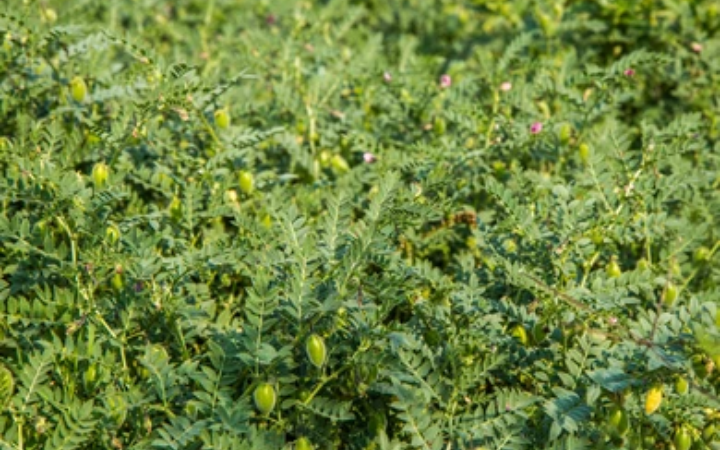Blog Details

Organic Gram Farming: A Path to Sustainable and Nutritious Agriculture
Gram, also known as chickpea or Bengal gram, is a staple legume in many Indian diets, known for its high protein content and versatile culinary applications. As the demand for organic produce grows, organic gram farming is becoming increasingly popular among Indian farmers.
This sustainable practice not only enhances soil health and biodiversity but also ensures a steady income for farmers through premium pricing and improved crop yields.
The Shift Towards Organic Gram Farming
Organic farming eliminates the use of synthetic chemicals, fostering a healthier and more sustainable agricultural ecosystem. For a crop like gram, which plays a crucial role in both human nutrition and soil fertility, the transition to organic methods offers numerous benefits.
Benefits of Organic Gram Farming
- Healthier Produce
- Environmental Sustainability
- Economic Advantages
- Soil Health and Fertility
- Water Conservation
Key Practices for High-Yielding Organic Gram
To achieve high yields and superior quality, organic gram farmers follow several best practices:
- Soil Preparation
- Seed Rhizome Selection
- Planting and Spacing
